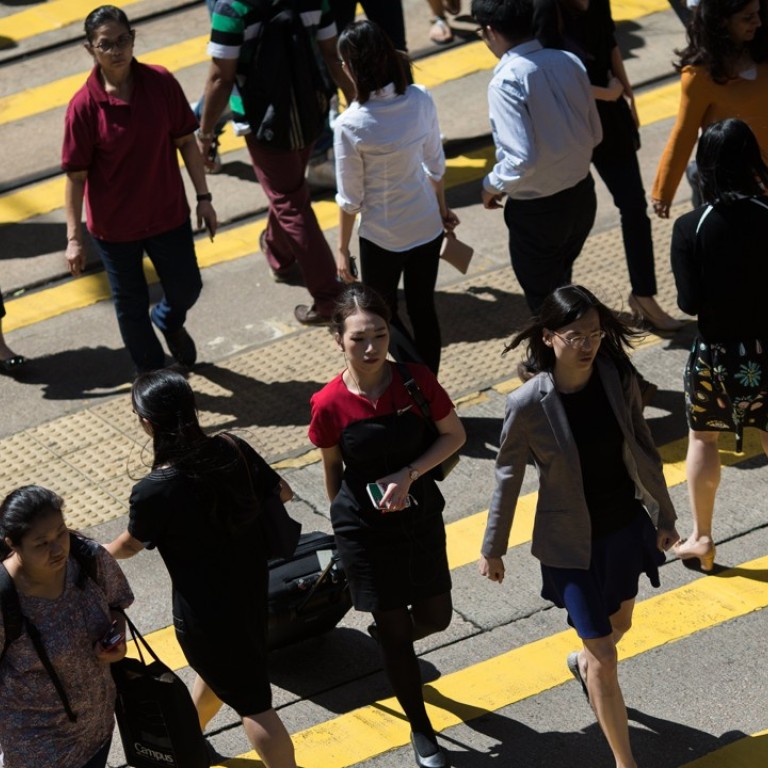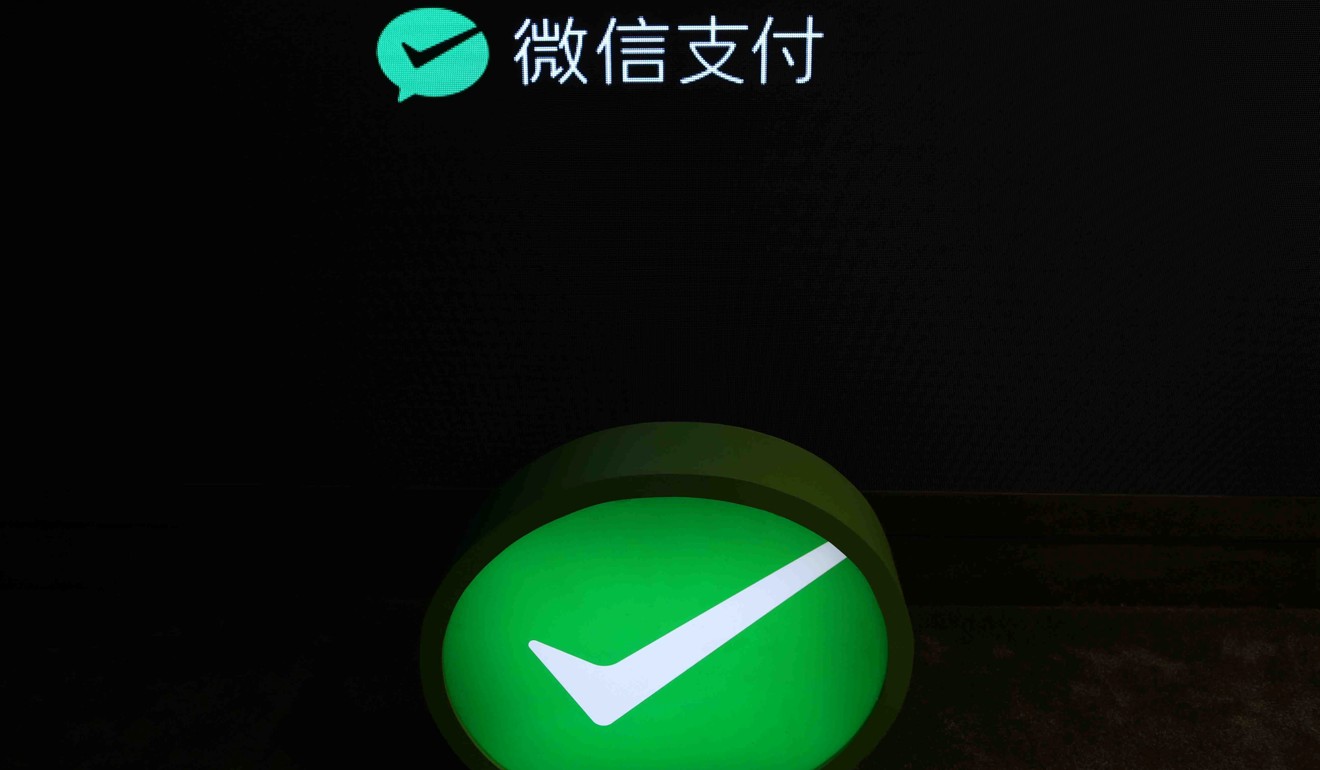
China’s credit ratings plan: from social media to medium of social control
Online histories will be trawled in a new system to decide the debt-worthiness of 1.4 billion Chinese. If you need a loan, it might be time to unfriend that human rights lawyer – and ‘like’ that Communist Party official
“Ratings,” former junk bond king Michael Milken likes to say, “are not credit”. Milken should know. In the 1980s, he made a multibillion US dollar fortune dealing in the debt of companies deemed by the credit rating agencies to be below investment grade. In effect, he was arbitraging the inbuilt inaccuracy of credit ratings.
China’s leaders would do well to heed Milken’s words as they move towards rolling out a “social credit rating” system intended to cover each and every one of the country’s entire 1.4 billion population.
The latest step towards this goal came last week, with internet giant Tencent’s nationwide launch of a new individual credit scoring system within its popular WeChat mobile app.
According to the company, the app aggregates data across five areas – trustworthiness, security, wealth, consumption and social networking – to allot users a personal score of between 300 and 850 points. Users with high scores then get to enjoy special “privileges”, such as cash loans, consumer credit and even deposit-free bicycle hire.

Tencent is one of eight companies licensed by Beijing to create individual credit rating databases based in part on people’s online behaviour and payment histories. Enthusiasts for the initiative say it will play an important role in the development of an advanced consumer economy in China, where until now ordinary people have been denied access to credit because of the lack of individual ratings.
Backers like to compare the new scores to the consumer credit ratings compiled in Western countries by companies like Experian and Equifax. That is hardly encouraging. It is not just that Western consumer credit rating companies have been beset by data privacy problems, or that they have been fined for selling misleading credit scores to the consumers they rate, or that they have been accused of assigning ratings based not on individual creditworthiness but by residential area, in effect discriminating against ethnic minorities.
Why the Hong Kong bull market is set to run and run
The real problem is that there is a fundamental flaw in the whole rating methodology. Credit scores are awarded to consumers on a range of measures including the length of credit history, their total debt, the speed it has grown, their credit mix, and their payment record.
The problem should be obvious: to get credit, or even just to access financial services like insurance, you have to have a credit rating. And to have a credit rating, you have to be in debt. If you have never been in debt, you are not deemed to be creditworthy, and you are denied access to financial services, regardless of your actual ability to pay. In short, the whole design of individual ratings inevitably means they are inaccurate. Ratings are not credit.

The scores China’s leaders have in mind will rate citizens not just according to their willingness and ability to repay debt. They will take in a wide variety of factors, including online behaviour, social media connections, educational background, employment records and legal history.
So ratings will be awarded not simply on objective financial measures, but according to subjective political factors. And scores will not just determine consumers’ ability to obtain credit, but citizens’ access to a whole range of private sector and government services, from promotions on groceries to education for their children.
Why China will keep buying US Treasury debt
For example, actions considered “virtuous”, like transferring money to ageing grandparents, could be rewarded with bonus points. In contrast, “untrustworthy” behaviour, perhaps including complaining online about forced evictions, could trigger a ratings downgrade. And while citizens with high scores could be rewarded with tempting travel offers, an individual with a poor rating might find his or her application for a driving license repeatedly rejected.
As a September 2016 policy document put it: “If trust is broken in one place, restrictions will be imposed everywhere.”
But that is not the half of it. Scores will also be awarded to citizens according to who they associate with. If your social media connections consist exclusively of senior government officials and respectable party ideologues, the chances are the presiding algorithm will allot you the equivalent of a triple-A rating. But if you happen to have exchanged messages with someone who is friends with a human rights lawyer or the imam at the local mosque, you could rapidly find your status cut to junk.

Everyone is forced to participate, and everyone voluntarily polices everyone else. Mobile technology, social media and big data take over the roles previously played by work units and neighbourhood residents’ committees, in what the party calls self-optimising “social management”. Dissent and opposition become all but impossible, and should they arise, officials will quickly be able to nip them in the bud.
Do you still want to bet against China?
The problem, of course, is the one pointed out by Michael Milken. Ratings are not credit. Credit ratings are flawed by their very structure. And that will apply as much to China’s social credit scores as to the hundreds of triple-A ratings awarded by US agencies to structured products which then defaulted in the financial crisis.
Inevitably there will be mistakes and miscarriages on an unimaginable scale. Unaccountable and opaque black box algorithms will unfairly assign sub-par social ratings to millions of innocent Chinese, who will then be denied not just access to credit, but even their basic rights as citizens. China’s social credit rating scheme is going to be a gross social injustice. ■
Tom Holland is a former SCMP staffer who has been writing about Asian affairs for more than 20 years

